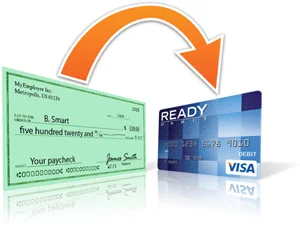Decoding the Stimulus Chatter
The internet's buzzing again about stimulus checks, this time for 2025. A quick scan of social media reveals a predictable mix of hope and outright misinformation. Claims of imminent federal payments are widespread, but let's look at the actual data. Congress hasn't passed any new stimulus legislation, and the IRS hasn't confirmed any upcoming checks. That's the baseline reality.
What we do know is that in 2024, the IRS sent out automatic payments to eligible folks who hadn't claimed the Recovery Rebate Credit on their 2021 returns. These were legitimate, capped at $1,400 per individual, and distributed between December 2024 and January 2025. The deadline to claim this credit by filing a 2021 tax return? April 15, 2025. Missed it? You're out of luck.
Recurring claims online – often mentioning figures like $1,702 or $1,390 – usually trace back to state-level programs (Alaska’s Permanent Fund Dividend, for example) or, more often than not, are blatant scams. The IRS has repeatedly warned about these phishing attempts, emphasizing that they never initiate contact via email, text, or social media. If you get one, it's a trap. For more information, see Stimulus payment November 2025, IRS direct deposit relief payment & tariff dividend fact check - FOX 5 DC.
Trump's Tariff Dividend: A Pipe Dream?
Now, let's address the elephant in the room: Trump's proposed "tariff dividends." He suggested using tariff revenue to fund payments of at least $2,000 per person (excluding high-income earners). Treasury Secretary Scott Bessent even specified that these checks would target middle- to low-income individuals making $100,000 or less.
The problem? The Supreme Court seems deeply skeptical about the legality of Trump's tariffs themselves. Even if the tariffs hold up, the numbers simply don't add up. The national debt currently sits at around $37 trillion. How much revenue could tariffs realistically generate to make a dent in that and fund substantial individual payments?

Trump claimed leftover funds would go toward paying down the national debt. It sounds good, but is it realistic? I've looked at hundreds of these proposed budget plans, and the revenue projections are often wildly optimistic. How much tariff revenue are we really talking about here, and what percentage of the national debt could it realistically retire? A rounding error, most likely.
And this is the part of the report that I find genuinely puzzling: Even if the tariffs generated significant revenue, wouldn't that revenue be better allocated to reducing the national debt directly? Instead of a one-time payment, which offers a temporary sugar rush, wouldn't a sustained reduction in the debt have a more lasting positive impact on the economy?
Northern Virginia law enforcement agencies are already warning about stimulus check fraud. It's a classic playbook: scammers exploit public hope and confusion to steal personal information.
The last actual round of federal stimulus checks was in 2021. That's the historical context we need to keep in mind. The rest is just noise.
The Promise Doesn't Match the Data
The simple truth is that the stimulus check hype for 2025 is based on a shaky foundation. The data points to scams, recycled state programs, and a politically dubious proposal. Until Congress acts and the IRS confirms, treat these claims with extreme skepticism. Your best stimulus is financial literacy and a healthy dose of critical thinking.
